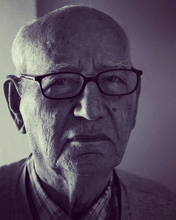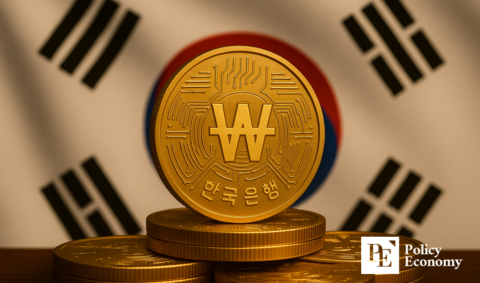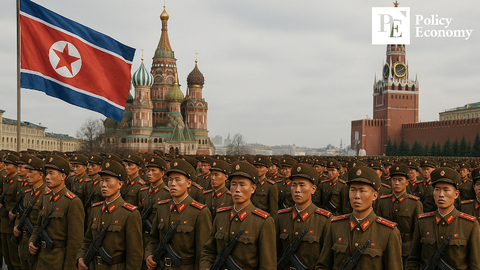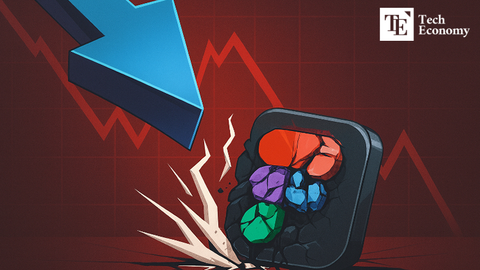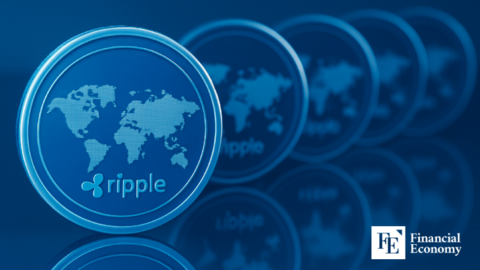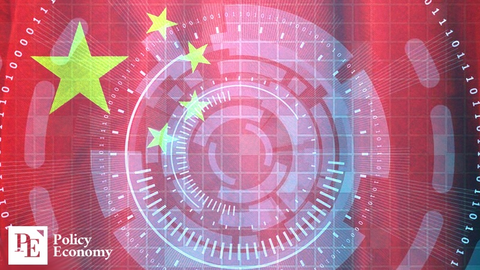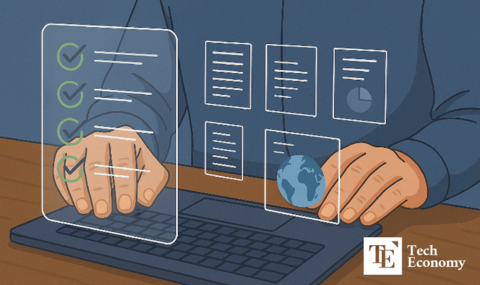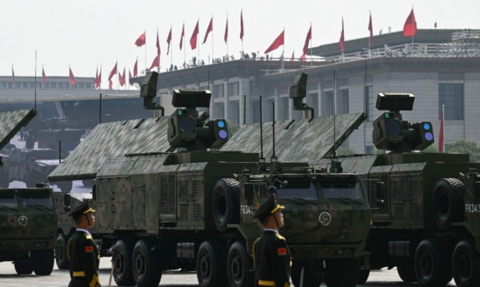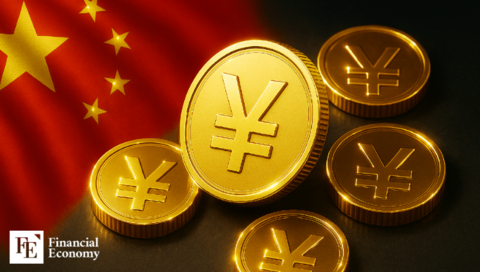"Russia, Cease Fire Immediately" – EU and UK Raise Level of Sanctions Against Russia
Input
Changed
"Not My War" – Trump Shifts Blame to Europe Putin Avoids Immediate Ceasefire by Citing 'Root Causes' Outraged EU and UK Adopt Sanctions Package Against Russia
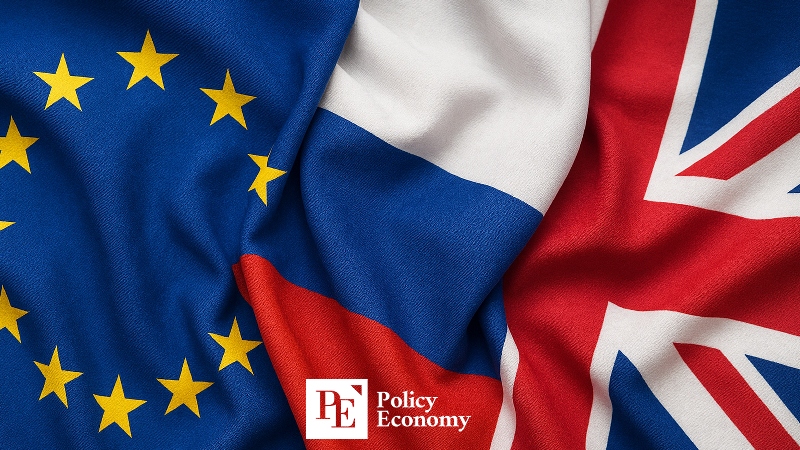
As the war in Ukraine grinds on, hopes for a swift resolution remain elusive. Recent diplomatic efforts have failed to bring about meaningful progress, prompting European powers to take decisive action. The European Union (EU) and the United Kingdom have jointly escalated sanctions on Russia, sending a strong message demanding an immediate and unconditional ceasefire. This development follows a high-profile phone conversation between U.S. President Donald Trump and Russian President Vladimir Putin, which, despite initial optimism, yielded little more than vague assurances. Frustrated by the lack of tangible outcomes, Europe has moved to tighten the economic noose around Moscow, reinforcing its stance that diplomacy must be accompanied by firm consequences.
Europe’s Sanctions Bombshell Against Russia
On May 20 (local time), in Brussels, foreign and defense ministers from EU member states and the UK gathered to adopt the seventeenth package of sanctions against Russia. Central to this new round was a sweeping crackdown on Russia’s so-called “shadow fleet”—a network of oil tankers used to evade Western sanctions. These vessels operate by switching off their Automatic Identification Systems or conducting ship-to-ship transfers to obscure the origin of Russian oil. A total of 189 tankers were newly sanctioned under this package, bringing the total number of EU-blacklisted vessels to 342.
The sanctions reach far beyond the ships themselves. Companies based in the United Arab Emirates, Türkiye, and Hong Kong, all accused of supporting the shadow fleet’s operations, have also been targeted. Additionally, major Russian maritime insurance firms, which facilitate these covert activities, were added to the sanctions list. The crackdown extended into Russia’s military-industrial complex, with thirty-one entities from Russia, Türkiye, and Vietnam sanctioned for providing direct or indirect support to the sector. Seventeen individuals and fifty-eight organizations involved in sanction evasion and arms transfers to Russia now face personal sanctions, including asset freezes and EU travel bans. Among these is Surgutneftegas, one of Russia’s largest oil and gas conglomerates.
On the same day, the UK launched over one hundred new sanctions targeting Russia’s military, energy, and financial sectors. These included restrictions on the Iskander missile supply chain, a key component of Russia’s offensive capabilities. The UK also imposed sanctions on fourteen individuals affiliated with the Social Design Agency, an entity accused of conducting disinformation campaigns with funding from the Kremlin. Additionally, forty-six Russian financial institutions, such as the St. Petersburg Currency Exchange and the Russian Deposit Insurance Agency, were designated for their roles in facilitating sanctions evasion. The concerted push by the EU and UK signaled not only deepening resolve but also growing dissatisfaction with the diplomatic status quo.
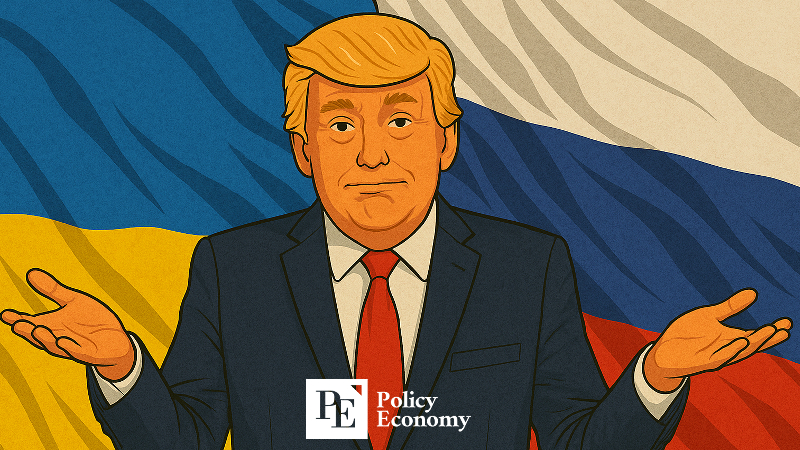
Diplomatic Dialogue Falls Flat
The immediate catalyst for Europe’s latest sanctions was the much-anticipated phone call between Presidents Trump and Putin on May 19. Spanning two hours, the conversation was touted by Trump as productive. On his social media platform, Truth Social, he declared that the discussion had gone “very well” and predicted that Russia and Ukraine would begin negotiations toward a ceasefire and, more importantly, an end to the war. However, he also emphasized that the terms of any truce must be decided solely by Russia and Ukraine, as only they knew the specific details required for negotiation. This statement suggested a limited role for outside mediation and placed the burden squarely on the two warring nations.
Later that day, Trump appeared to distance himself further from the process. Speaking to reporters, he acknowledged his hope for progress but warned that he would “back away” if a deal seemed unlikely. He added that he believed Putin wanted to end the war and that if he had thought otherwise, he would not have engaged with the issue at all. These remarks indicated a willingness to withdraw from diplomatic involvement should talks stall—a message that stood in sharp contrast to the assertive tone of European allies.
Trump also made a pointed effort to shift responsibility onto Europe. Declaring, “This is not my war,” he argued that the conflict was a European matter and should have remained so. Dismissing the prospect of new U.S. sanctions on Russia, he cited the possibility of progress in ceasefire talks as justification. However, foreign policy analysts noted that the U.S. has already scaled back its involvement in the war and now finds itself with limited strategic or financial incentive to re-engage. By effectively transferring the burden to Europe, Washington’s disengagement has raised concerns among allies who view the conflict as an urgent threat to regional security.
Mutual Indifference Sparks Global Criticism
President Putin’s stance mirrored Trump’s caution. Following the call, he told reporters that Russia had offered Ukraine a memorandum on a possible peace agreement and was willing to cooperate if a mutually acceptable deal could be reached. However, he stressed that the underlying causes of the conflict must be addressed first, reiterating Russia’s position that the war was provoked by Ukraine’s bid to join NATO and Western interference in the region. By framing the war as a reaction to external threats, Putin deflected responsibility and offered little indication that a ceasefire was imminent.
The lack of decisive action from both leaders triggered a wave of criticism from the international press. CNN reported that Trump appeared to have disengaged from the conflict entirely, suggesting he spoke as if he hoped someone else would assume the role of mediator. The network also noted that Putin seemed to convey that Trump was of little importance to Russia’s strategic calculations. The New York Times criticized Trump for stepping back from a firm demand for a ceasefire, interpreting his emphasis on bilateral talks as a tacit endorsement of Putin’s refusal to end the war unconditionally. The Washington Post observed that the conversation gave Russia just enough of a diplomatic façade to deflect blame for its intransigence. Meanwhile, the UK’s Telegraph accused Trump of abandoning his peace plan altogether, arguing that he appeared more focused on potential trade opportunities with Russia than on understanding the origins of the conflict.
As diplomatic channels falter and sanctions mount, the gap between rhetoric and resolution has become stark. While Europe continues to press for a ceasefire with increasing urgency, the absence of unified global leadership casts doubts on the prospects for peace. The coordinated pressure from Brussels and London may yet influence the Kremlin, but unless major powers take a firmer stand, the war risks becoming a drawn-out struggle with no end in sight.
